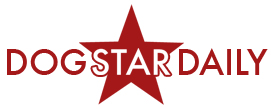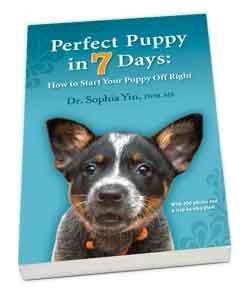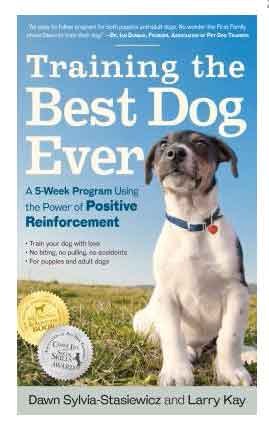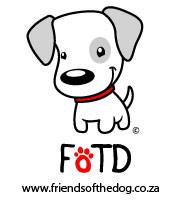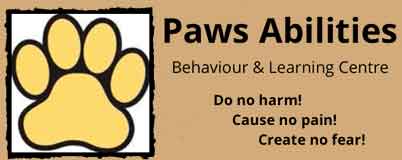
The Socialisation Stage (between 3 weeks and 4 months of age) is the formative developmental period in Puppyhood when critical social and life skills are learnt.
To make our CLAW Rescue Pups (RPs) more adoptable and adaptable we need to set them up with as many learning and socialising opPAWtunities as possible! Meeting only their basic care needs will disadvantage our pups, possibly handicapping them for life! Early socialisation and positive training experiences and teaching life skills during this formative period will empower them and set them up for life. As carers for these Rescue Pups, we have the responsibility of not just catering for their basic physical needs and giving them a cuddle, but for ensuring their longterm resilience, confidence and emotional well-being! I need to stress that the Puppy Handling Team (PHT) need to take an active role in shaping the Rescue Pup’s early development and emotional well-being, by exposing the pups to a multitude of good experiences and pleasurable opportunities for socialisation. As such, the CLAW PHT needs to recognise that pups (between the age of 3 weeks and 4 months of age) are most receptive to learning and socialisation and that if we ignore this golden opPAWtunity for growth, we do so at the the RP's peril.
It is possible to teach an old dog new tricks - but behaviour modification or rehabilitation is a time consuming and expensive task! Surely it makes more sense, to just teach good manners and acceptable behaviours, right from the beginning! Our goal with our RP's has to be to teach fundamentally important life skills, and help our RP's retain (if they have been surrendered from a home where they've already been socialised) or learn, socialisation to humans and other species (especially other pets and domestic animals). It has been proven that SOCIALIZATION MUST OCCUR IN PUPPYHOOD, and that, in fact, it is a very critical (and narrow) window of opportunity! In order for our RP's to become sociable, confident, outgoing, and socially-savvy, our RP's must meet unfamiliar people (especially children and men) on a daily basis ...only this will guarantee our RP's the chance of living a happy life as as a companion dog in an adoptive home!
Rather than just taking a puppy for a walk to burn off energy, we should be teaching puppy to walk on a loose leash and meet new people, or visit new places. Rather than just letting them engage in free-play, we should be providing them with life skills and recognising the benefits of mental stimulation and positive fun human interaction, which is all a part of puppy training! Rather than having a crazy tug-of-war with the puppy, we can teach them the all important life skill of Bite Inhibition. After all, what is one of the greatest reasons a dog ends up in a shelter? BITING... and very often a bite may result in the 'death sentence'! Rather than just having a communal food bowl and free access to food in the cage or enclosure, we, the PHT, can all have Hills Treat bags attached to our belts and hand feed (and let visitors feed) the RP's (once the pup provides a calm, polite greeting and SIT). Then, our RP's learn to meet and greet with manners, and to associate the food/treats with people visiting - this will help our pups learn to enjoy and look forward to visitors and meeting new people. Puppies thrive with interaction, enrichment and training. Using their food enhances the eating, meeting and greeting experience for the puppy! Instead of this communal food bowl we can also leave a chew toy (a stuffed Kong or food dispensing toy like the Buster cube) in the cage so that our RP's remain stimulated and learn a good chew toy habit (rather than destructive chewing). The chew toy provides stimulation and alleviates boredom and kennel stress!
We all share the same goal of finding as many RP's "forever" homes as soon after they are completely weaned (as soon after 6-8weeks of age) as possible. We remain strict in our adoption process and home checks etc. Yet we do not ensure that the PHT and foster parents are as responsible, accountable and educated as the could be*!
Before the focus is on re-homing our pups, our focus should be on making them as adoptable and adaptable as possible, to ensure that they are equipped with the right social and life skills to cope and live happy fulfilled lives in their new homes, and belong as cherished members of a family! We would never wish for our RP's to get ostracised or returned to the shelter (or god forbid, abandoned, neglected or abused) because they have been disadvantaged by their time in our care.
Often we don't have the luxury of knowing the breed (and often we take wild guesses with regards to parentage). By spending quality time with the RP's in our care we are sure to make more informed decisions with regards to the most suitable adoptive home. Even without knowing breed characteristics, by spending time interacting, training and bonding with the RP's in our care we will be better able to match their energy levels and requirements, their temperaments, their needs and their behavioural patterns with prospective adoptive homes (and families)... see more on breed characteristics. Firstly we need to help prospective adopters select the best possible match for their own family and lifestyle. We need to educate our prospective adopters about how to best care for and train their new fur baby (they need to realise their responsibility and have realistic expectations). It is important for us to 'market' our RP's good points and suitability, but we should never gloss over any history, training or behavioural issues. Dishonesty on our part could easily result in the CLAWbie being returned, by then (s)he will be older, even less adoptable and we could have prevented much disappointment and heartache for all concerned!!! We do not want to send a boisterous, high energy, exuberant, large breed puppy who is still clumsy, knocks everything over with his tail, excitedly jumps up on everyone he meets and chews and barks excessively when bored, to live with an elderly retired couple (where one has just had a hip replacement and the other walks with a zimmer frame) and who live in a pristine, museum like simplex with a tiny garden... it would not be fair on anyone, least of all our RP!
Socialising and training our CLAWbies can only be a Win-WIn situation! Depriving them of socialisation and learning opportunities makes their chance of successful adoption and that 'happily ever after' far less likely! At 5-6months of age puppies are less receptive to acclimating easily to new stimuli and situations and tend to become more wary and more likely to react with nervousness or anxiety.
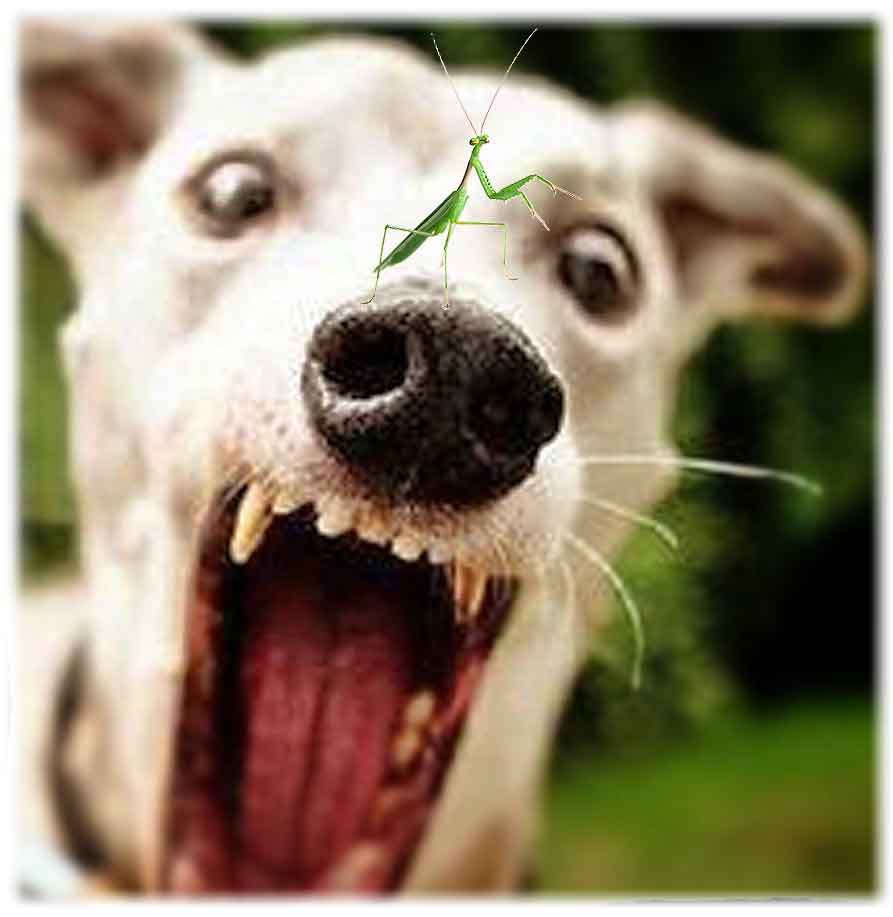
* As selective and careful as our Adoption protocol is, we need to make our CLAW Puppy Handling Team is as responsible and accountable as possible. There should be better education and screening of staff , foster parents and volunteers. Shelter workers, Rescuers, Animal Advocates or activists, Altruists and "do-gooders" all need to have the BEST INTERESTS of the puppies (and other resident pets in their care) as their first priority! This is based as much on knowledge (education and training) as it is on willingness and compassion. In Welfare and Voluntary work, often the feeling is "beggars can't be choosers"... but when it comes to the safety, wellbeing and future of our Rescues we must be selective - we cannot afford to jeopardise puppies by putting them in the care of ill-equipped, ignorant or possibly ill (e.g. Hoarders) people. We must always remember that there truly is a fate worse than death!
PAWsome Puppy Resources every Puppy Handler should read:
Behavioural Articles about Rescue Dogs:
Louise Thompson
... and an international book on adopting a shelter dog...
 This free book guides you through the first seven days of Adopting a Shelter Dog. With seven simple lessons, the book helps you ease the transition from shelter life to home life for you and your pup. You can download your copy here.
This free book guides you through the first seven days of Adopting a Shelter Dog. With seven simple lessons, the book helps you ease the transition from shelter life to home life for you and your pup. You can download your copy here.